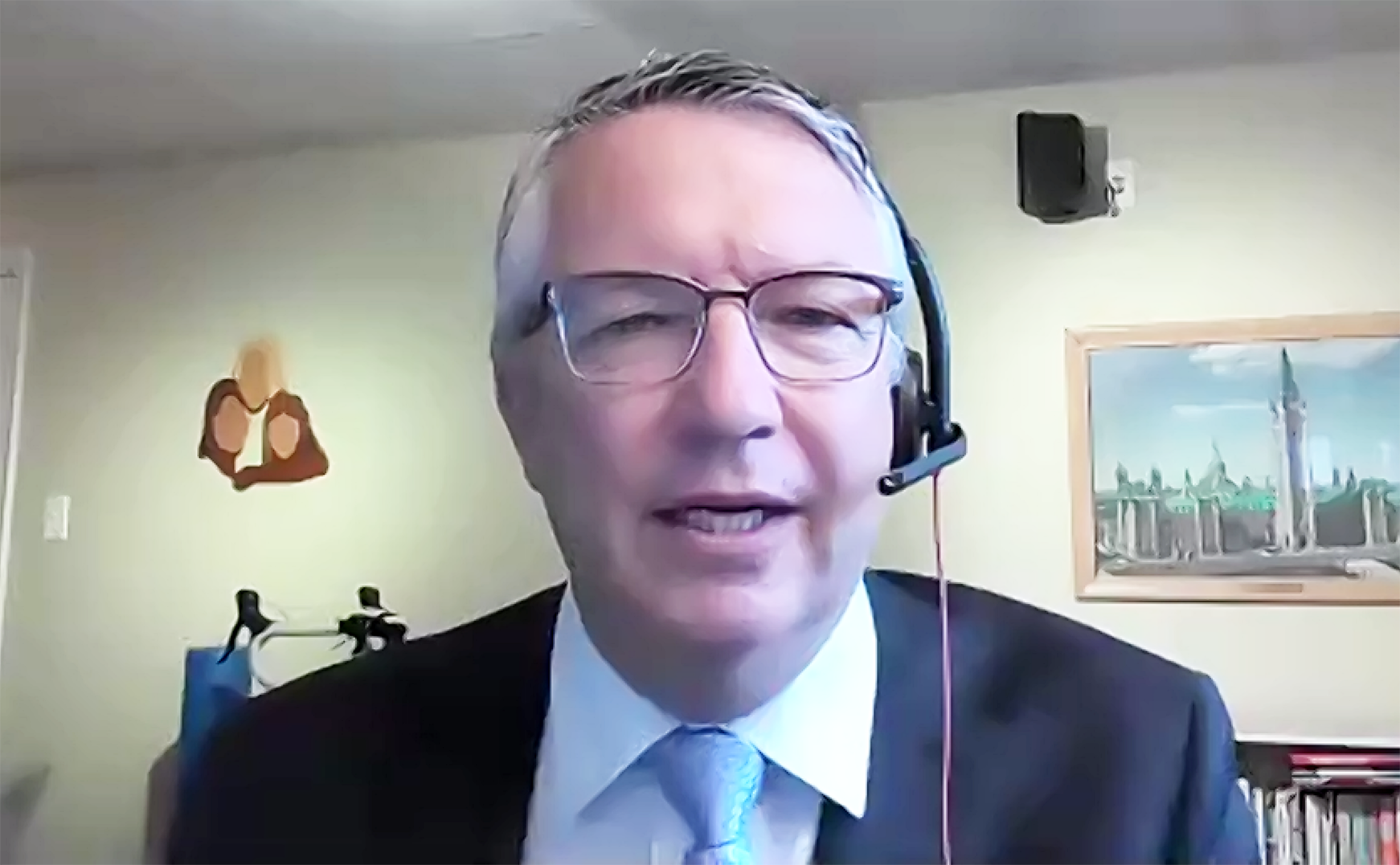GUELPH – On May 20, the Government of Canada announced $1.1 million in funding from Health Canada’s Substance Use and Addictions Program (SUAP) to go toward a safer supply program in Guelph.
The exact dollar amount for the program, which is available to all residents in Guelph and Wellington County who meet eligibility requirements, is $1,113,008.
The program will be run by the Guelph Community Health Centre (CHC). It launched a safer supply pilot program last fall, with 10 participants. The new program will allow for up to 150 people.
Through this program, people suffering from opioid use disorder (OUD) or other substance abuse conditions will have the opportunity to be prescribed opioids from a physician or nurse practitioner and will be supported by a team of healthcare providers. The program aims to help substance users reduce their reliance on street drugs.
Research supports that safer supply programs in other communities have led to reduced rates of infectious disease, less homelessness, increased employment, and lower crime rates.
The CHC will use the funds over two years to hire additional interdisciplinary team members, including peers and outreach supports, as well as clinical oversight for the program.
The announcement was made by MP Lloyd Longfield, CHC director of primary care Melissa Kwiatkowski and the CHC safer supply program medical director Dr. Ahmed Jakda.
“The past 12 months haven’t been easy for any of us. It’s been an especially challenging time for people who use substances,” Longfield said.
Longfield noted that across Canada, overdose deaths have increased significantly since the pandemic began.
Physical distancing restrictions, while necessary, have made it more difficult to access services like supervised consumption sites.
With the illegal drug supply becoming increasingly toxic, people are now at higher risk for fatal overdoses, especially if they are using drugs alone.
Longfield said he believes safer supply projects are an effective way to support people with opioid use disorder, as they provide an alternative to the toxic, illegal drug supply.
“Not only do they prevent overdoes, but they also connect patients with essential health and social services, including treatment, which may be more difficult to access during COVID-19,” he said.
“Initiatives like this one support people where they are, even when they’re not ready to seek treatment. It meets people where they are.”
Longfield described the safer supply project as the latest part of the Government of Canada’s response to the opioid overdose crisis.
As part of the 2021 federal budget, the government announced an additional $116,000,000 for the Substance Use and Addictions Program.
To date, the federal government has committed more than $25,000,000 in funding for safer supply projects in Ontario.
“Safer supply projects like the one we’re announcing today, save lives,” Longfield said.
“They offer flexible treatment and harm reduction options to people who use substances. We can ensure that help is available to them at the right time, in the right place, in the right way.”
Longfield said substance use disorder is a medical condition, not a choice.
“People can and do recover if they have the right support. But the first step is to meet people where they are, both mentally and physically.”
Kwiatkowski explained many opioids and other substances circulating in the community have inconsistent strength and purity, effectively “poisoning” the drug supply on the street.
“Since August 2018, our community has issued 19 health alerts, warning of the danger of the toxic drug supply in our community,” she said.
“We have lost too many valued community members to opioid poisoning.”
Kwiatkowski said fatal overdoses have risen by 260 per cent over the past year and recent data has shown opioid-related deaths in Guelph are higher than the provincial rate.
She explained the safer supply pilot program the CHC launched last year built the foundation for the expanded program this funding will allow for.
“During that time, we were able to work with our clinical advisory council to build the foundation for a safe and high-quality program, which we are now thrilled we can extend to a larger client base to save lives of more community members in Guelph,” she said.
Jakda said addiction and substance misuse leads to increased homelessness and it also fractures relationships, increases local crime, and leads to overdoses and death.
“This program is a longtime coming, because the numbers show that we are going in the wrong direction,” Jakda said.
“Human beings need hope, and they need support, not stigma. Safer supply is one step in the right direction.”
Jakda said officials have strict criteria in order to enrol people into the program, and the program is not for everybody.
In a press release, Dr. Dorothy Bakker, who is on the program’s Clinical Advisory Team, said “we know that when someone who struggles with complex opioid addictions has consistent access to safer, prescribed substances, it reduces the need to engage in behaviours that are associated with the illegal drug trade market, and in many cases, they are able to regain control over their lives.”
“This is another important harm reduction tool in our toolbox, and it will save lives.”




